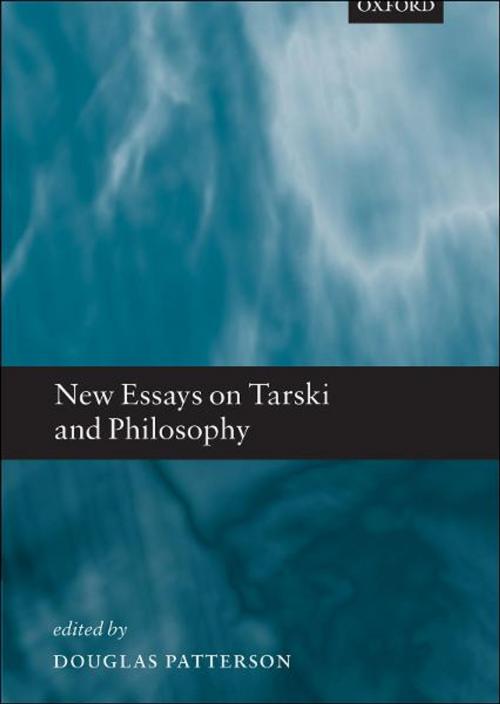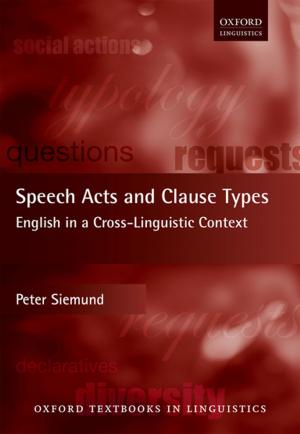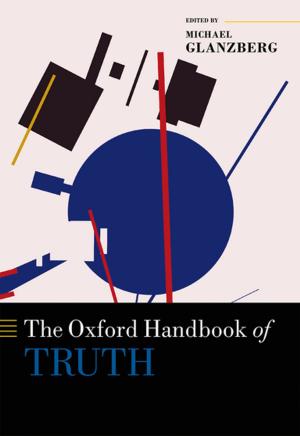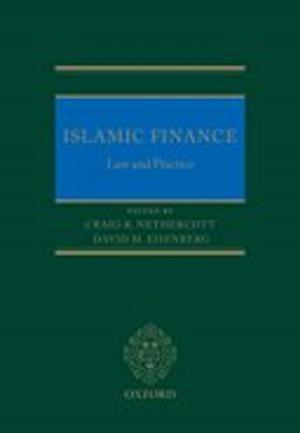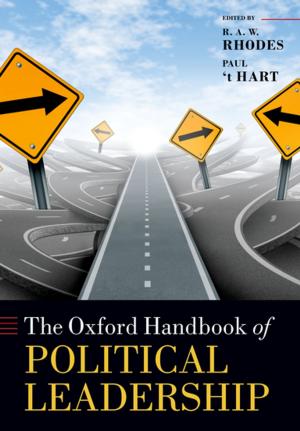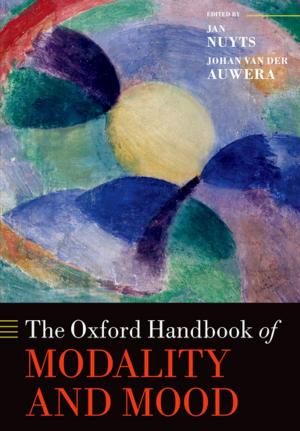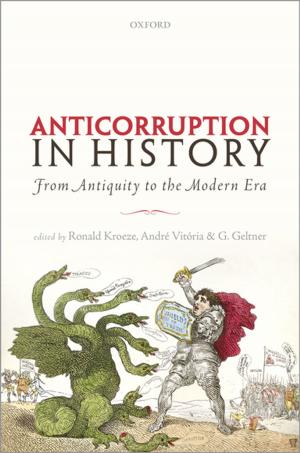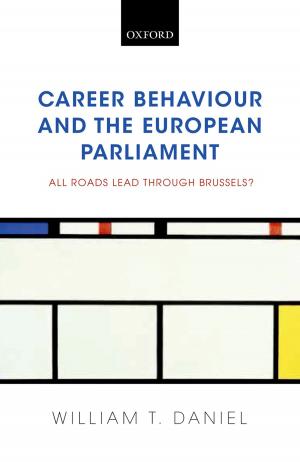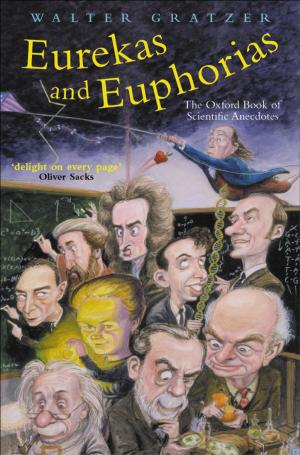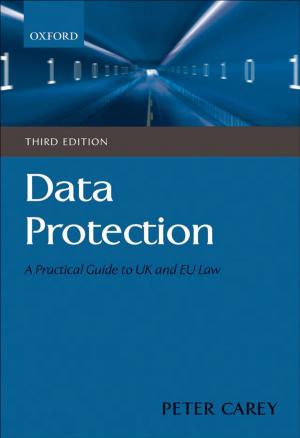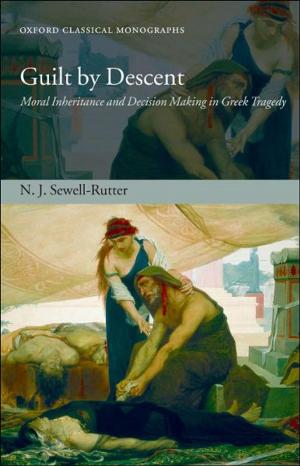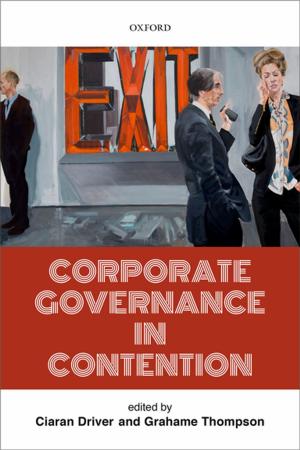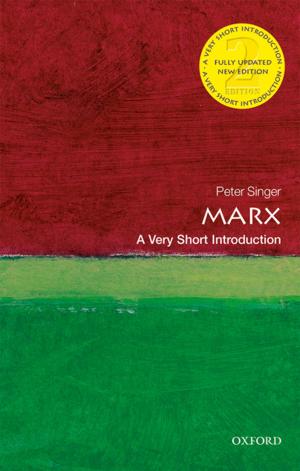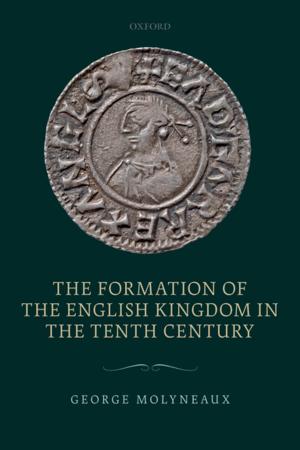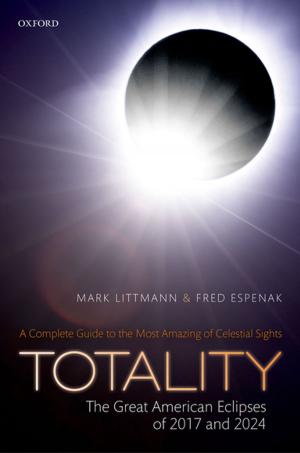| Author: | ISBN: | 9780191608834 | |
| Publisher: | OUP Oxford | Publication: | September 18, 2008 |
| Imprint: | OUP Oxford | Language: | English |
| Author: | |
| ISBN: | 9780191608834 |
| Publisher: | OUP Oxford |
| Publication: | September 18, 2008 |
| Imprint: | OUP Oxford |
| Language: | English |
New Essays on Tarski and Philosophy aims to show the way to a proper understanding of the philosophical legacy of the great logician, mathematician, and philosopher Alfred Tarski (1902-1983). The contributors are an international group of scholars, some expert in the historical background and context of Tarski's work, others specializing in aspects of his philosophical development, others more interested in understanding Tarski in the light of contemporary thought. The essays can be seen as addressing Tarski's seminal treatment of four basic questions about logical consequence. (1) How are we to understand truth, one of the notions in terms of which logical consequence is explained? What is it that is preserved in valid inference, or that such inference allows us to discover new claims to have on the basis of old? (2) Among what kinds of things does the relation of logical consequence hold? (3) Given answers to the first two questions, what is involved in the consequence relationship itself? What is the preservation at work in 'truth preservation'? (4) Finally, what do truth and consequence so construed have to do with meaning?
New Essays on Tarski and Philosophy aims to show the way to a proper understanding of the philosophical legacy of the great logician, mathematician, and philosopher Alfred Tarski (1902-1983). The contributors are an international group of scholars, some expert in the historical background and context of Tarski's work, others specializing in aspects of his philosophical development, others more interested in understanding Tarski in the light of contemporary thought. The essays can be seen as addressing Tarski's seminal treatment of four basic questions about logical consequence. (1) How are we to understand truth, one of the notions in terms of which logical consequence is explained? What is it that is preserved in valid inference, or that such inference allows us to discover new claims to have on the basis of old? (2) Among what kinds of things does the relation of logical consequence hold? (3) Given answers to the first two questions, what is involved in the consequence relationship itself? What is the preservation at work in 'truth preservation'? (4) Finally, what do truth and consequence so construed have to do with meaning?
